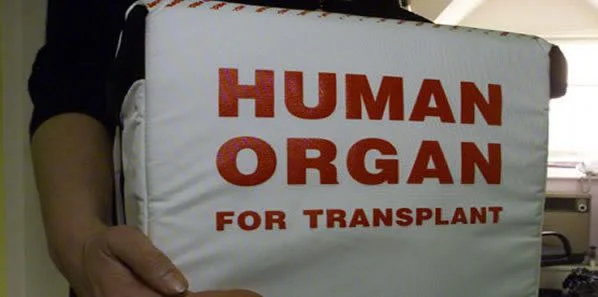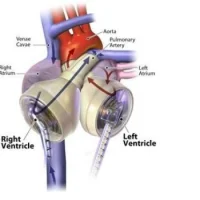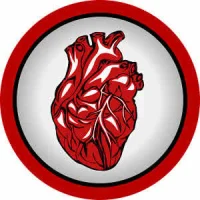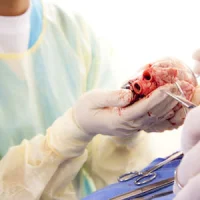According to a new study by researchers at the Stanford University School of Medicine, despite a growing need for donor hearts, surgeons and transplant centres nationwide have been rejecting hearts donated for transplantation.
The rejection is due to the hearts being marginal i.e. with undesirable qualities such as the wrong size, an older donor etc. Also, there is a certain variation in donor heart rejection. Some hearts rejected in one region are being accepted in another.
Kiran Khush, MD, Assistant Professor of Cardiovascular Medicine points out that surgeons and transplant centres have become more conservative over the last 15-2 years. This is troublesome since there is already a shortage of donor hearts and an increase in critically ill patients awaiting heart transplantation. Khush is the lead author of this study which has been published in the American Journal of Transplantation.
Estimates indicate that there are more than 20,000 patients in the US who could benefit from heart transplant surgery each year. However, only 1,949 patients actually received the transplants in 2011. The findings of the study highlight the need for a set of consistent, scientifically based guidelines that should be provided to surgeons and transplant centres so that there is a standardised method of determining whether a donor heart could be used for transplantation.
"There is likely a significant number of suitable donor hearts that are not getting used," said John Nguyen, a co-author of the study who is trained as a nurse and works as part of a clinical team at the Oakland-based California Transplant Donor Network, a federally designated organ procurement organization that helps facilitate organ donation to transplant centres across the nation. "Creating a more systematic way of evaluating these hearts based on scientific evidence could increase the number of heart transplants."
Khush also highlights that they receive donor heart offers that they are not sure if they should accept. Surgeons also vary as to which hearts they will accept but while this goes on, there are patients who get sicker and even die because of long wait times for a donor heart. Khush stresses the importance of increasing the supply as it is an issue of great concern.
Data from the Organ Procurement and Transplantation Network on all potential cardiac donors from 1995-2010 shows that of the 82,053 potential donor hearts, only 34 percent were accepted and 48 percent were rejected. This means that only one in three available donor hearts is currently accepted for transplantation. This is definitely not enough to meet the demand for donor hearts. The data also shows a significant decline in donor heart acceptance - from 44 percent in 1995 to 29 percent in 2006. The figure slightly increased to 32 percent in 2010.
Hearts are rejected for several reasons including small size, advanced age, donor co-morbidities such as hypertension and diabetes etc. Generally speaking, any donation by someone older than 60 who has HIV, hepatitis C or heart disease is rejected. In addition, there are a lot of criteria that vary from surgeon to surgeon and centre to centre.
Source: Stanford University Medical Centre
Image Credit: Guardian.com










